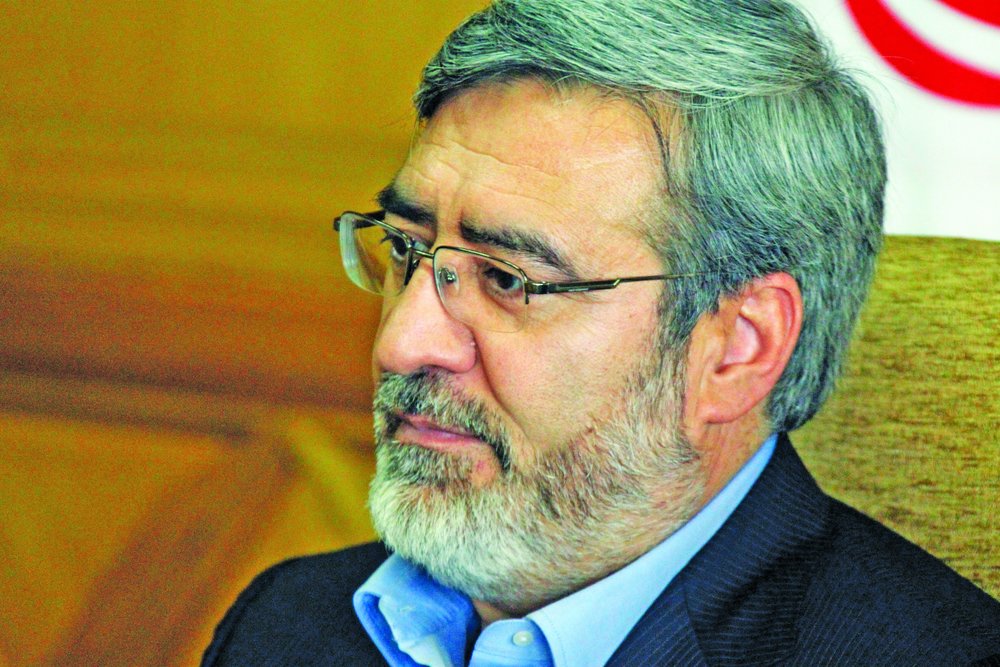Tehran chides Afghanistan, Pakistan for border insecurity, drug smuggling

TEHRAN – Iranian Interior Minister Abdolreza Rahmani Fazli has censured insecurities across eastern borders albeit strong measures taken by Iran to ensure stability.
“Across eastern borders we are facing instabilities. Afghanistan and Pakistan have insecure borders although our forces have taken measures to soothe the concerns,” he said on a live TV program aired on Tuesday night.
Previously, Qassem Rezaei, the commander of Iran’s border police, had said drugs seizures had decreased along Iran’s borders with Afghanistan but increased near the Pakistani border.
The threats Iran is grappling with across its eastern borders in terms of drug smuggling, among others, are costing the country heavily.
Only from 2013 to 2015 has the country seized upwards of 1748 tons of opium and arrested 922,000 people in connection with drug smuggling, including some drug lords.
“Over the time span from 2013 to 2015, our forces had 67,000 clashes with drug smugglers where we managed to seize 1748 tons of opium,” according to the Rahmani Fazli, who also acts as the secretary general of Iran’s Drugs Control Headquarters.
Iran is neighbor to Afghanistan, the biggest producer of opium and heroin in the world and is located on the Balkan route which traverses Iran (often through Pakistan), Turkey, Greece and Bulgaria across South-East Europe to the Western European market.
The Balkan and northern routes are the main heroin trafficking corridors linking Afghanistan to the huge markets of the Russian Federation and Western Europe.
“75 percent, 61 percent, and 17 percent of respectively opium, morphine, and heroin seized worldwide are seized across the transit route of Iran,” Rahmani Fazli pointed out.
According to Executive Director of the United Nations Office on Drugs and Crime (UNODC) Yury Fedotov, Iran is directly or indirectly involved in almost 40 percent of all such confiscations around the world.
Iran’s efforts to staunch the unbridled flow of the narcotics into other countries, particularly European ones, could have been more fruitful if the international community had shown more commitments.
During the 2016 United Nations General Assembly Special Session on the World Drug Problem held in April, Rahmani Fazli lamented European countries’ lack of cooperation with Iran in its anti-drugs battle.
A more cooperative Europe could lend Iran a hand with the hardware demanded by anti-drugs missions, the official had stated in the session.
AK/NA
Leave a Comment